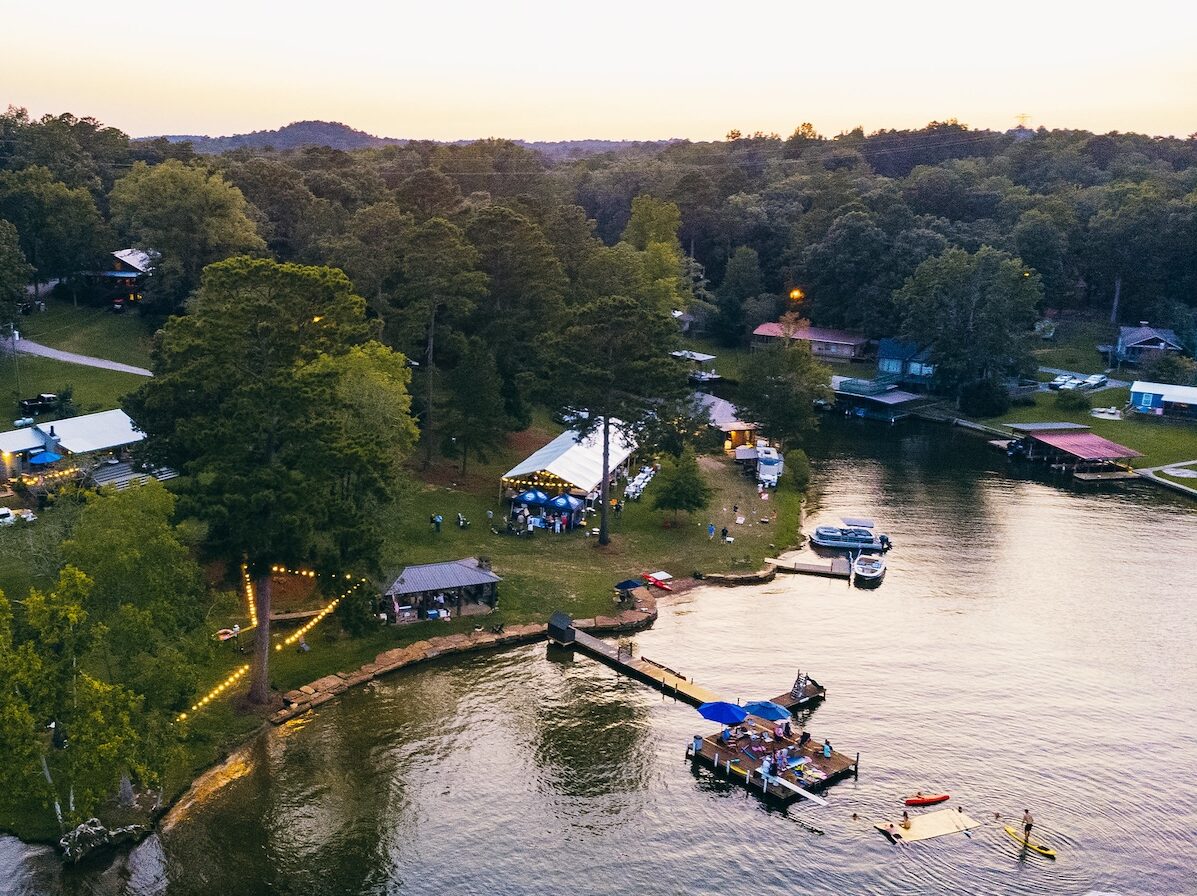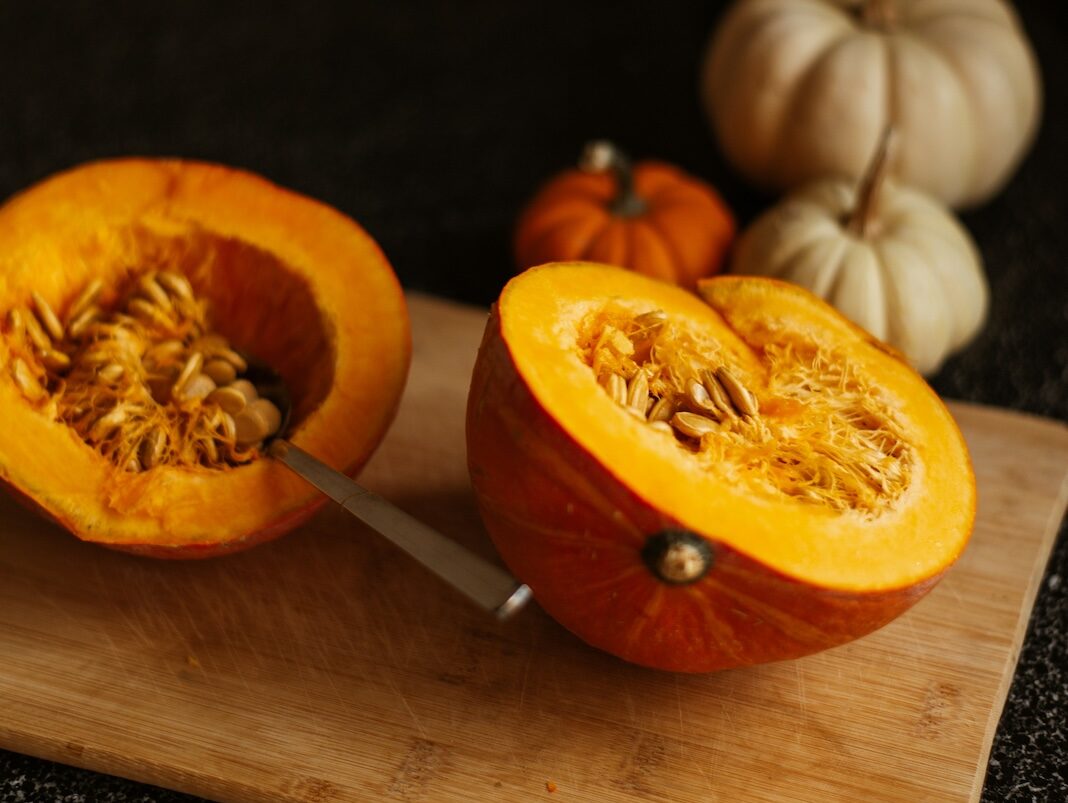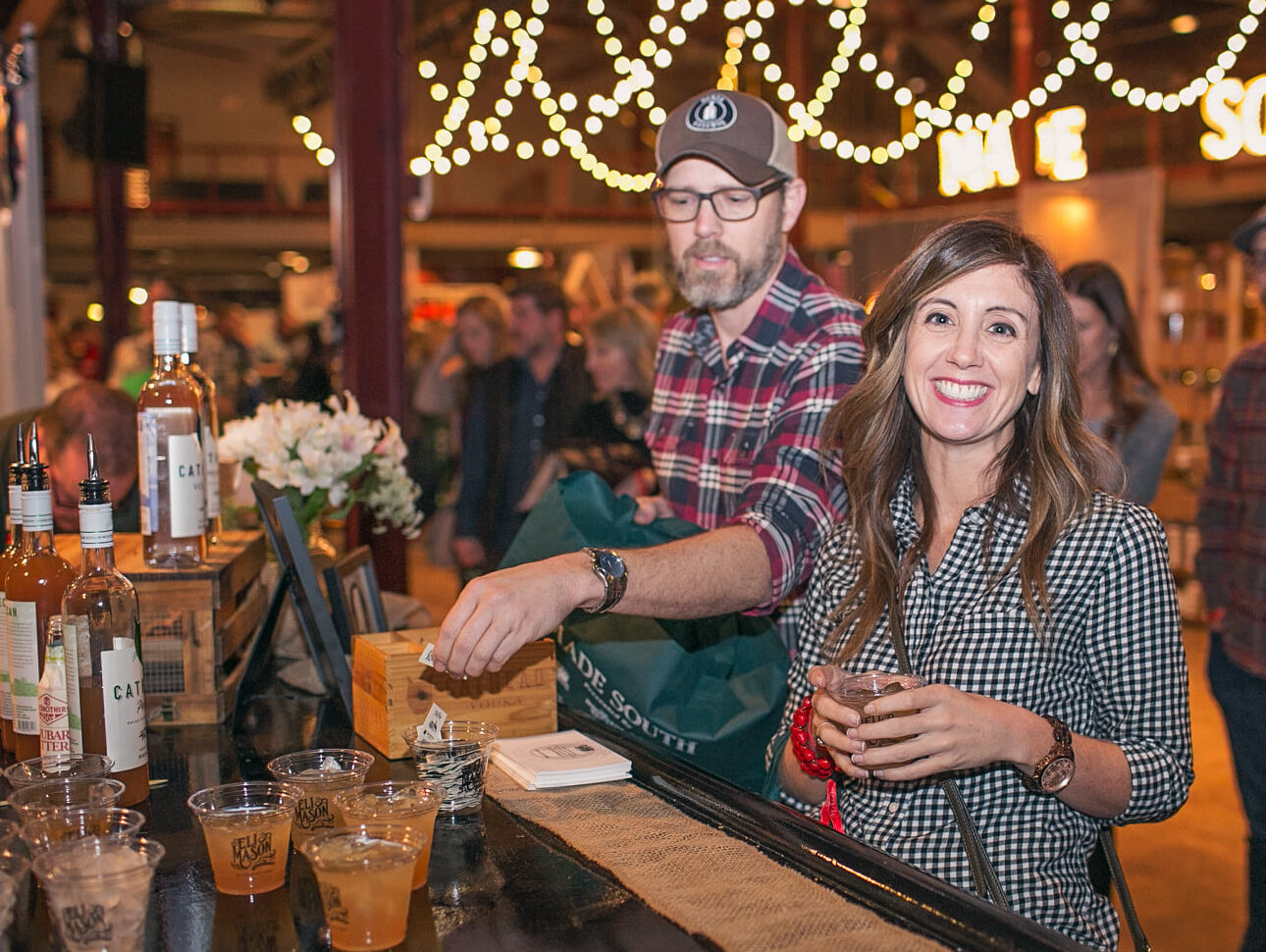[fusion_builder_container hundred_percent=”no” equal_height_columns=”no” menu_anchor=”” hide_on_mobile=”small-visibility,medium-visibility,large-visibility” class=”” id=”” background_color=”” background_image=”” background_position=”center center” background_repeat=”no-repeat” fade=”no” background_parallax=”none” parallax_speed=”0.3″ video_mp4=”” video_webm=”” video_ogv=”” video_url=”” video_aspect_ratio=”16:9″ video_loop=”yes” video_mute=”yes” overlay_color=”” video_preview_image=”” border_color=”” border_style=”solid” padding_top=”” padding_bottom=”” padding_left=”” padding_right=”” type=”flex”][fusion_builder_row][fusion_builder_column type=”1_1″ layout=”1_1″ background_position=”left top” background_color=”” border_color=”” border_style=”solid” border_position=”all” spacing=”yes” background_image=”” background_repeat=”no-repeat” padding_top=”” padding_right=”” padding_bottom=”” padding_left=”” margin_top=”0px” margin_bottom=”0px” class=”” id=”” animation_type=”” animation_speed=”0.3″ animation_direction=”left” hide_on_mobile=”small-visibility,medium-visibility,large-visibility” center_content=”no” last=”true” min_height=”” hover_type=”none” link=”” border_sizes_top=”” border_sizes_bottom=”” border_sizes_left=”” border_sizes_right=”” first=”true”][fusion_text columns=”” column_min_width=”” column_spacing=”” rule_style=”default” rule_size=”” rule_color=”” content_alignment_medium=”” content_alignment_small=”” content_alignment=”” hide_on_mobile=”small-visibility,medium-visibility,large-visibility” sticky_display=”normal,sticky” class=”” id=”” font_size=”” fusion_font_family_text_font=”” fusion_font_variant_text_font=”” line_height=”2″ letter_spacing=”” text_color=”” animation_type=”” animation_direction=”left” animation_speed=”0.3″ animation_offset=””]
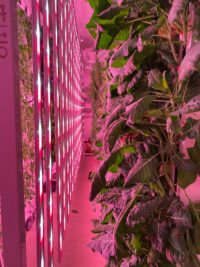
(Champ Branding/Contributed)
In a nondescript warehouse on 3rd Avenue North in Birmingham, strips of LED lights hang from the ceiling, glowing pink and purple. Music plays in a room behind a large glass window. I step inside the room and it smells like…lettuce? Yes, that’s right—this isn’t the city’s newest club or trendy restaurant, it’s an urban hydroponic farm growing greens and herbs for consumer sales and restaurant distribution.
Named Yellow Hammer Farms after owner Frank Fitts’ grandfather’s farm in Tyner, North Carolina, the farm officially launched operations in early June. Among the LED lights, rainbow chard and leafy kale burst out of a living wall. Rose-shaped butter lettuce arranged in floor-to-ceiling rows looks like a work of art in a modern gallery. Delicate herbs sprout from soil plugs. Most have only just been planted just a week prior.
“Our growth times are roughly twice as fast as a traditional farm,” Fitts says of the controlled climate. “We’re giving the plants the temperature that they like. The lights are on for 16 hours a day, so it’s more than just your average sunlight. We’re giving them the optimal light and also the optimal spectrum. That’s why the [LED] lights are a different colors—this is the spectrum that they need in this growth stage. And lastly, we’re giving them all the nutrients they need in the water. We’re trying to optimize everything for them, and therefore they’re able to grow fast.”
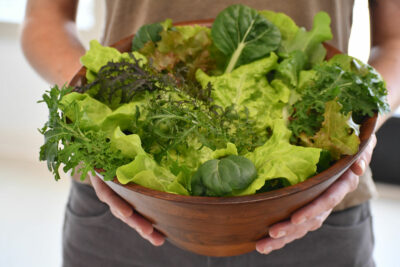
(Champ Branding/Contributed)
The water is the most critical part of the hydroponic operation. Yellow Hammer Farms uses 90 percent less water than traditional farms, because all the water is cycled through the plant walls, collected in troughs, and pumped back to a water tank where it goes through reverse osmosis to remove any particles before receiving added nutrients and beginning the cycle all over again.
Plants start out in a germination chamber before being moved to a seeding tray for their “teenage years.” When they’re ready, they’ll be transplanted to the wall and harvested when they’re fully grown. But harvest at Yellow Hammer Farms looks a little different—there are no tractors, no dirt, no sweat, no bugs. Employees pick greens like lacinato kale from the wall, drop it into a basket, and bring it straight to the market in the farm’s storefront. Two large glass coolers stock Yellow Hammer’s offerings: salad mixes, leafy greens, fresh lettuces, bags of herbs. The market also carries products from local makers and artisans, such as wooden spoons and cutting boards.
The farm’s location just west of downtown Birmingham is considered a food dessert. The ability to bring fresh produce into the area at an accessible price point was appealing for Fitts. The market even accepts EBT cards.
For Fitts, Yellow Hammer Farms has been a long time coming. With a background in wine and beer distribution, Fitts was familiar with the needs of restaurants. When his grandfather passed away, he began thinking about a way to combine a generational love for farming with his background. At 3 a.m. one night, the idea for an urban, indoor, hydroponic farm came to him.
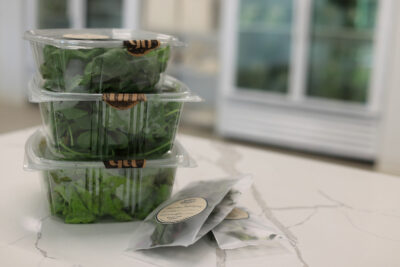
(Champ Branding/Contributed)
“I love technology and the idea of going green and being environmentally conscious,” Fitts says. “And actually, economically this makes a lot of sense. So that was always in the back of my head. But then I read an article about the price of LEDs and how much they’ve come down and another about how hydroponics is starting to become more prevalent. And I thought, ‘What if we put those things together?'”
Once the seed for the idea was planted, Fitts and his wife worked with a company out of Fort Worth that helps to crowd-source funding. Within 30 days of going live on their platform, Yellow Hammer Farms had the funding it needed.
“One of the biggest hurdles we had to get over was trying to get it to make sense,” Fitts says. “People would say, ‘You want to open an indoor farm in Alabama? You know there is plenty of farmland there.'”
But once he explained his vision, he had no problem rallying support. Since Yellow Hammer Farms isn’t dependent on the elements to produce, they can have a more regular and steady supply. It really just depends on one major factor:
“Electricity is very important for what we’re doing,” Fitts says. “But say the power were to go out, there are just two things we have to keep running: the main pump and the sump pump. We just have to make sure the plants are getting their water. Otherwise, it’s just a warm day for them [if the temperature control goes out]. Or it’s a cloudy day if the lights are off.”
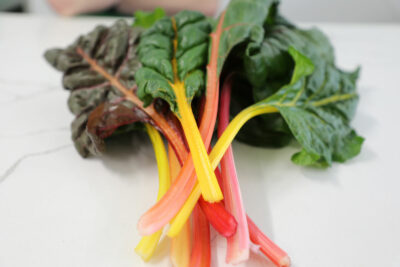
(Champ Branding/Contributed)
The flexibility of having a controlled environment also allows Yellow Hammer Farms to experiment with varieties that might not grow naturally outdoors in Alabama.
“We’re able to give people options that they might not otherwise have available here,” Fitts says. “For example, we can test things if there’s something a restaurant can’t get that they wish they could have.”
Yellow Hammer Farms is still in the early stages of their business, but they already have several restaurants that use their products, including Monday Night Social Club and Iron City Pizza Co. They’re also in talks with breweries that are interested in using their herbs for certain beers.
Being accessible and transparent is one of the foundations of Yellow Hammer’s business. Customers can walk into the market to buy produce or they can place an order online for in-store pickup. When they visit, they can walk to the back of the store to observe the growing room through a large glass window. Fitts wants to share what they do not only with consumers but also with others interested in doing the same.
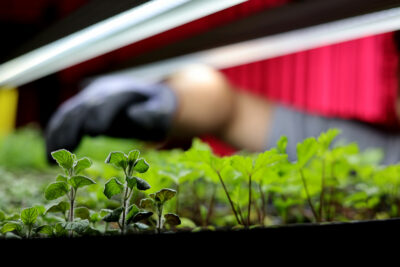
(Champ Branding/Contributed)
“Most hydroponic operations are keeping their stuff very close to the vest,” Fitts explains. “When I was trying to visit some, almost none of them would call me back. So that was immediately something I knew we wanted to do. There’s plenty of room for trade secrets but it’s cooler for consumers to be able to see. People can’t always go visit farms.”
Yellow Hammer Farms might not be what you might think of when you think of a traditional farm, but they’re changing the future of farming with sustainability at the forefront. And once you taste how fresh hydroponically grown lettuce is, you’ll find the idea growing on you, too.
[/fusion_text][/fusion_builder_column][/fusion_builder_row][/fusion_builder_container]

